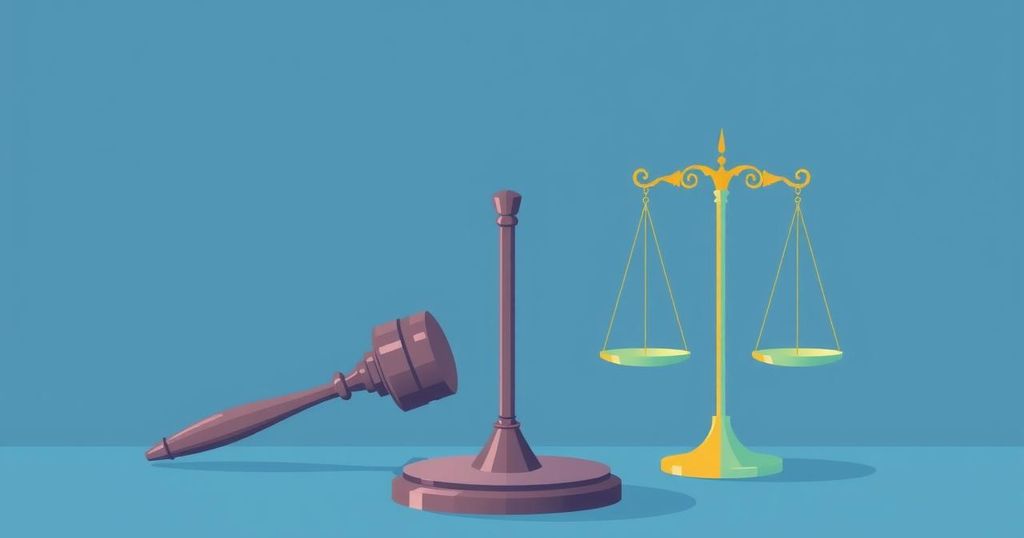Trump Administration’s Controversial Deportation of Venezuelan Immigrants

The Trump administration deported hundreds of Venezuelan immigrants, including alleged gang members, despite a federal judge’s order halting such actions. Legal experts criticize the administration for violating the court’s directive, potentially impacting future judicial rulings. The case raises significant concerns regarding deportation policies and executive authority under the Alien Enemies Act of 1798.
The Trump administration proceeded with the deportation of hundreds of Venezuelan immigrants, including alleged members of the Tren de Aragua gang, despite a federal judge’s temporary injunction halting such actions. U.S. District Judge James E. Boasberg had issued an order prohibiting deportations under the Alien Enemies Act, but flights were already airborne when the ruling was made.
At the time of the judge’s order, two planes were en route, one to El Salvador and another to Honduras. Judge Boasberg’s verbal request to return the planes was reportedly not followed, leading Salvadoran President Nayib Bukele to comment on social media regarding the situation. He had agreed to host approximately 300 immigrants in his country’s prisons at a cost of $6 million.
Secretary of State Marco Rubio had previously negotiated this arrangement, stating, “We sent over 250 alien enemy members of Tren de Aragua which El Salvador has agreed to hold in their very good jails at a fair price that will also save our taxpayer dollars.”
Experts like Steve Vladeck from Georgetown University expressed that the Trump administration violated the essence of the court’s order, noting it may provoke future courts to craft more precise directives. Furthermore, the deportations were executed under a declaration that has seldom been employed in American history.
The Alien Enemies Act permits extraordinary powers to deport foreign nationals during wartime, a law invoked recently due to concerns regarding Venezuelan gang members. In response, the ACLU has requested clarification from the government to ascertain whether the removals defied the court’s ruling.
The Venezuelan government condemned the application of this law, referencing its historical implications. Meanwhile, videos released by the Salvadoran government depicted the deported individuals being processed in a high-security environment, highlighting stringent measures enforced by local authorities.
It was reported that shortly before the deportations, officials at the Justice Department were aware of ongoing litigation aimed at halting the deportation of Venezuelans in federal custody, who feared being wrongfully classified as gang members. Moreover, the ruling by Boasberg extends the stay on deportations for up to 14 days to allow for further judicial review of the cases.
In a statement, Boasberg asserted the importance of granting these individuals an opportunity for their concerns to be evaluated in accordance with constitutional principles, emphasizing that once deported, remediation through the legal system would be nearly impossible.
In summary, the Trump administration’s decision to deport Venezuelan immigrants under contentious circumstances has sparked significant legal and ethical debates. Despite a federal court order intended to block the deportations, flights proceeded, highlighting tensions between executive action and judicial oversight. The ramifications of these actions could influence judicial practices in future cases regarding deportation and foreign nationals. The ongoing legal proceedings will further clarify the limits of executive power under historical wartime laws.
Original Source: news.az







